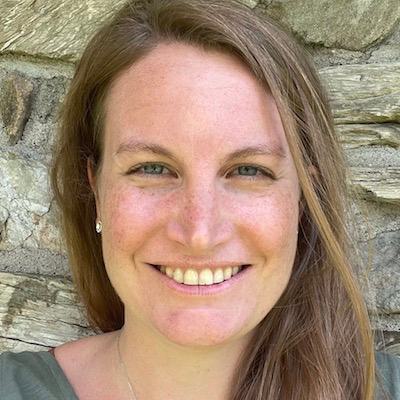
Elizabeth Davis
Assistant Teaching Professor in Environmental Studies and Geosciences
Research Interests: Earth Surface Processes, Paleoclimate, Ice Sheet History, Sedimentary Provenance Studies
I am broadly interested in the applications of geochemistry and sedimentological studies to study Earth’s past climate change, with a particular interest in Antarctica’s ice sheet history. My research applies geochronology and radiogenic isotopes in minerals and bulk sediments to constrain the subglacial geology of Antarctica and then uses this geological information to tag paleo-iceberg discharges from the Antarctic Ice Sheet. My work is a combination of a more precise documentation of Antarctica’s geological history, and the subsequent application of this knowledge to understanding past changes in the Antarctic Ice sheet. I encourage any students who are interested in gaining some research experience in this area to contact me!
As a member of both the Environmental Studies and Geosciences Departments, I teach a variety of courses and am passionate about introducing students to earth and environmental processes that occur on a wide range of scales. I am particularly interested in teaching introductory courses for both majors, as well as courses that focus on climate change (past and present) and the Earth’s oceans. Regardless of the topic, my courses take a systems based approach and focus on science literacy and communication, learning through data, problem solving, group collaborations, and developing a strong understanding of how we interact with earth and environmental processes, and how these processes impact our daily lives.
Outside of research and teaching, I am committed to developing and providing engaging and exciting opportunities for K-12 students to learn about earth and environmental science.
Education
- B.A., Williams College
- M.A., Columbia University in the City of New York
- M.Phil, Columbia University in the City of New York
- Ph.D., Columbia University in the City of New York